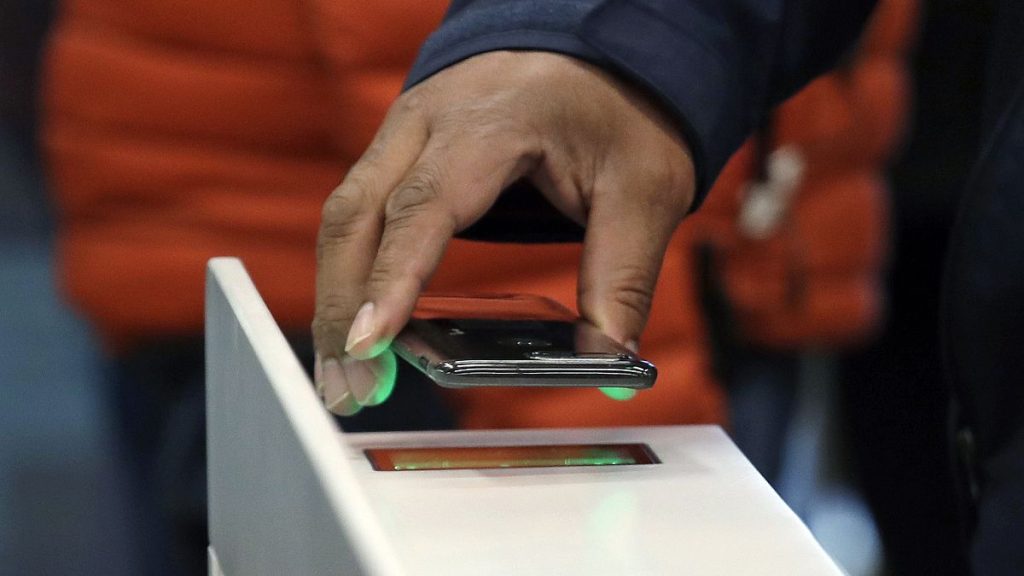The European Central Bank (ECB) has expressed concerns that proposed pro-competition reforms by tech giant Apple do not go far enough to ensure equal access to their iPhone payments service. Apple had committed to opening up access to the near-field communication (NFC) chip on iPhones, but the ECB argues that this does not include all aspects of the service, such as e-commerce, transactions among friends, and wearables like the Apple Watch. The ECB is currently developing its own digital euro payment service and is worried that without full access to core iPhone hardware, the user experience may not be seamless or user friendly compared to Apple Pay. EU officials are considering whether to accept Apple’s commitments, with potential fines of 10% of their worldwide turnover for breaching them.
The payments market, particularly dominated by major US credit card companies like Visa and Mastercard, has long been a source of antitrust concern. Existing EU laws already place caps on the fees that these companies can impose. The ECB’s Piero Cipollone is also exploring the possibility of issuing the digital euro, giving digital payments the same status as transactions using physical currency. In June 2023, the Commission proposed a new law to support the digital euro, including pro-competitive rules for smartphone hardware. These provisions are not expected to be agreed upon before elections in June, but the Commission has opened a consultation process and will consider the ECB’s feedback in their decision-making process.
The ECB letter to EU Competition Commissioner Margrethe Vestager highlights concerns that Apple’s proposed commitments may not create a level playing field for third-party payment solutions. The ECB’s own digital euro project is at stake, as it aims to provide innovative payment services that could be impacted by restrictions on iPhone payments. Without full access to iPhone hardware, competitors to Apple Pay may struggle to provide a user experience that is on par with the tech giant’s service. The implications of this issue extend beyond the digital euro to broader antitrust concerns in the payments market, where competition and consumer choice are at stake.
In response to the ECB’s concerns, a spokesperson for the Commission stated that they will take into account the feedback and support of other European institutions. The consultation process, opened in January, will consider the specific use case of using NFC mobile wallets at point-of-sale terminals. The Commission welcomes input from all stakeholders, including the ECB, in making decisions related to pro-competition reforms in the payments market. Apple, the subject of the ECB’s criticism, did not immediately respond to requests for comment on the matter. The outcome of these discussions and potential regulatory changes could have significant implications for the future of digital payments and competition in the European market.
Overall, the ECB’s critique of Apple’s proposed pro-competition reforms highlights broader concerns about competition, innovation, and user experience in the payments market. The development of the digital euro, as well as other payment solutions, could be impacted by restrictions on accessing core iPhone hardware. The outcome of EU officials’ decisions on these matters could have far-reaching consequences for the digital payments landscape, including potential fines for companies like Apple for antitrust breaches. The input of institutions like the ECB and the Commission is crucial in shaping the future of payment services in Europe and ensuring a level playing field for all market participants.















